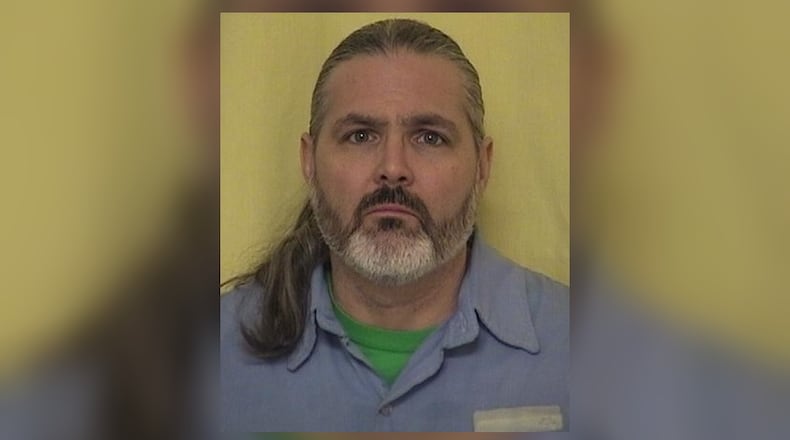“He should never get out for what he did to this baby,” said John Amos, supervising attorney for the Montgomery County prosecutor.
At the time of his conviction, Johnson’s family members said the case was based on lies but Jewel Dockery, the baby’s mother, said “My baby can finally rest.” On Thursday, she testified before the board but the Dayton Daily News was excluded from that hearing at her request.
An autopsy found the infant had been strangled - possibly with a cord or rope - and she had suffered blows to the head at Johnson’s trailer at 4230 Bray Drive in Moraine. Dockery and her daughter lived with Johnson in his trailer along with his brother.
At the parole hearing, Johnson’s brother was removed by state troopers after a minor outburst he directed toward Amos and former assistant prosecutor Thomas Schiff.
Johnson’s parents, Joe and Stella, promised to provide money, transportation and housing for their son and help him find employment if he were released. But the parents’ account of how they believe the child died didn’t pin the blame on their son. And Russell Johnson has not admitted responsibility.
“I don’t think he knows what happened,” said assistant Ohio Public Defender Andy Anastasi, to the board.
Ohio Parole Board records say Johnson has had exceptional conduct since being in prison and is at low-risk for committing another crime. He had no criminal history before the murder conviction. Still, the board decided his release would present undue risk to the public, said Parole Board Chairwoman Tracye Thalheimer.
It was the fourth time the board denied him parole. He will be eligible for consideration again in January 2024.
Related: Man convicted of killing 8-month-old baby in Moraine up for parole
Related: Ohio Parole Board member quits, calls agency toxic and secretive
The Parole Board has discretion over the release or retention of prisoners sentenced before a major state law change in 1996 and over roughly 3,200 inmates sentenced to life terms after 1996 for murder and sex crimes against children. It also reviews clemency requests and makes recommendations to the governor.
A review of Ohio Parole Board annual reports shows on average over the past eight years, parole is granted in about 10 percent of the hearings.
About the Author

